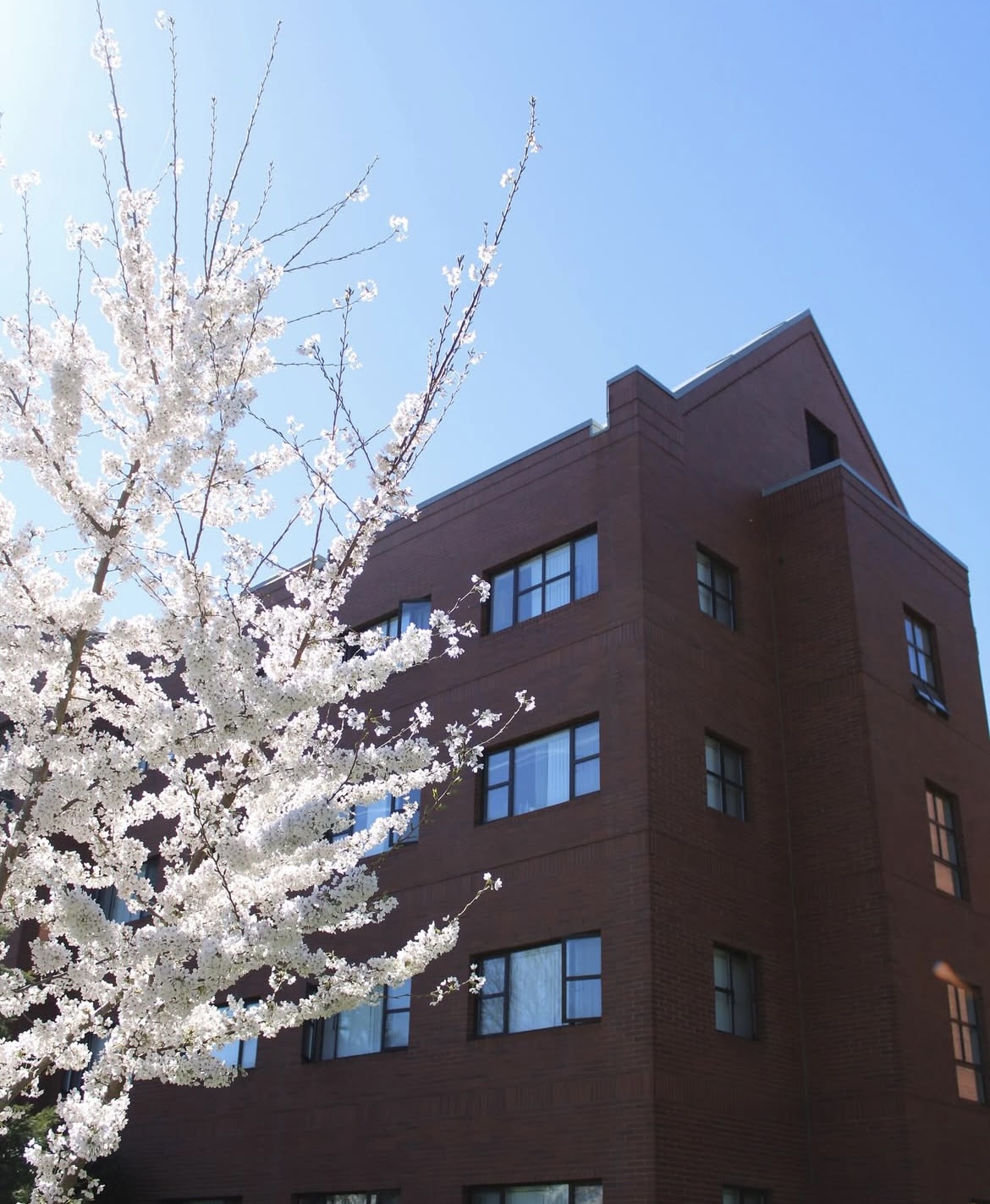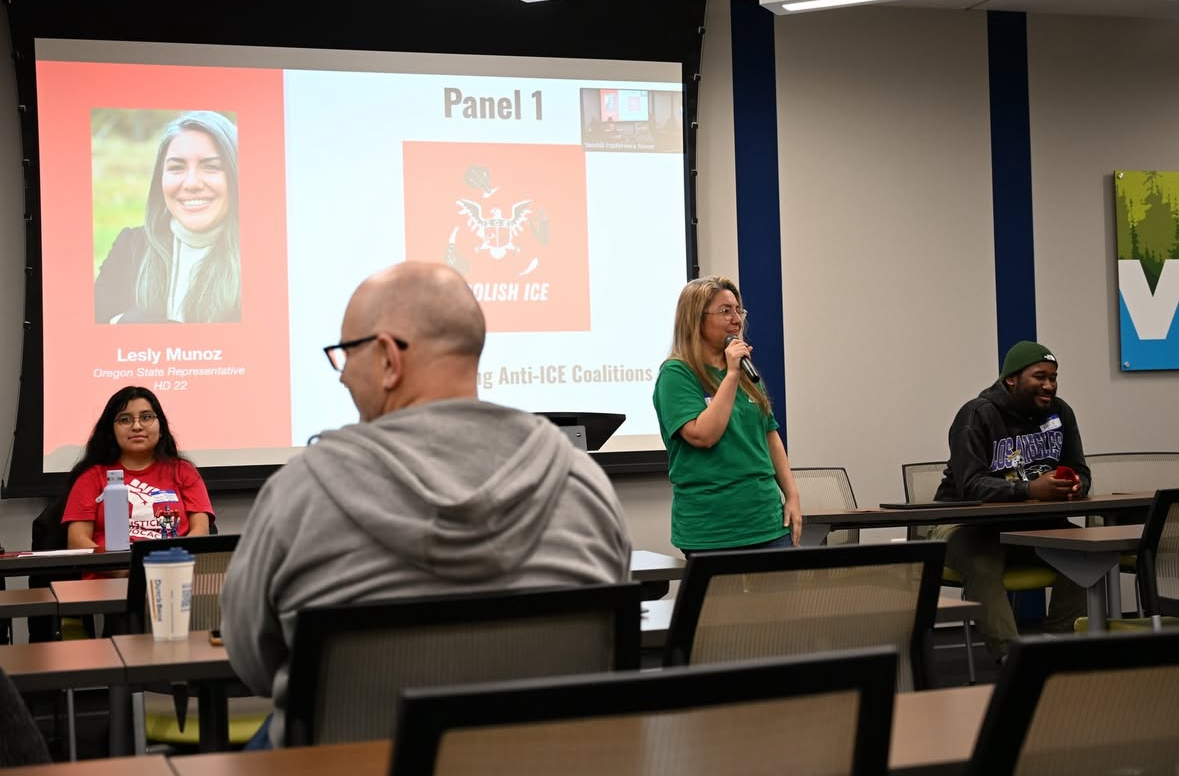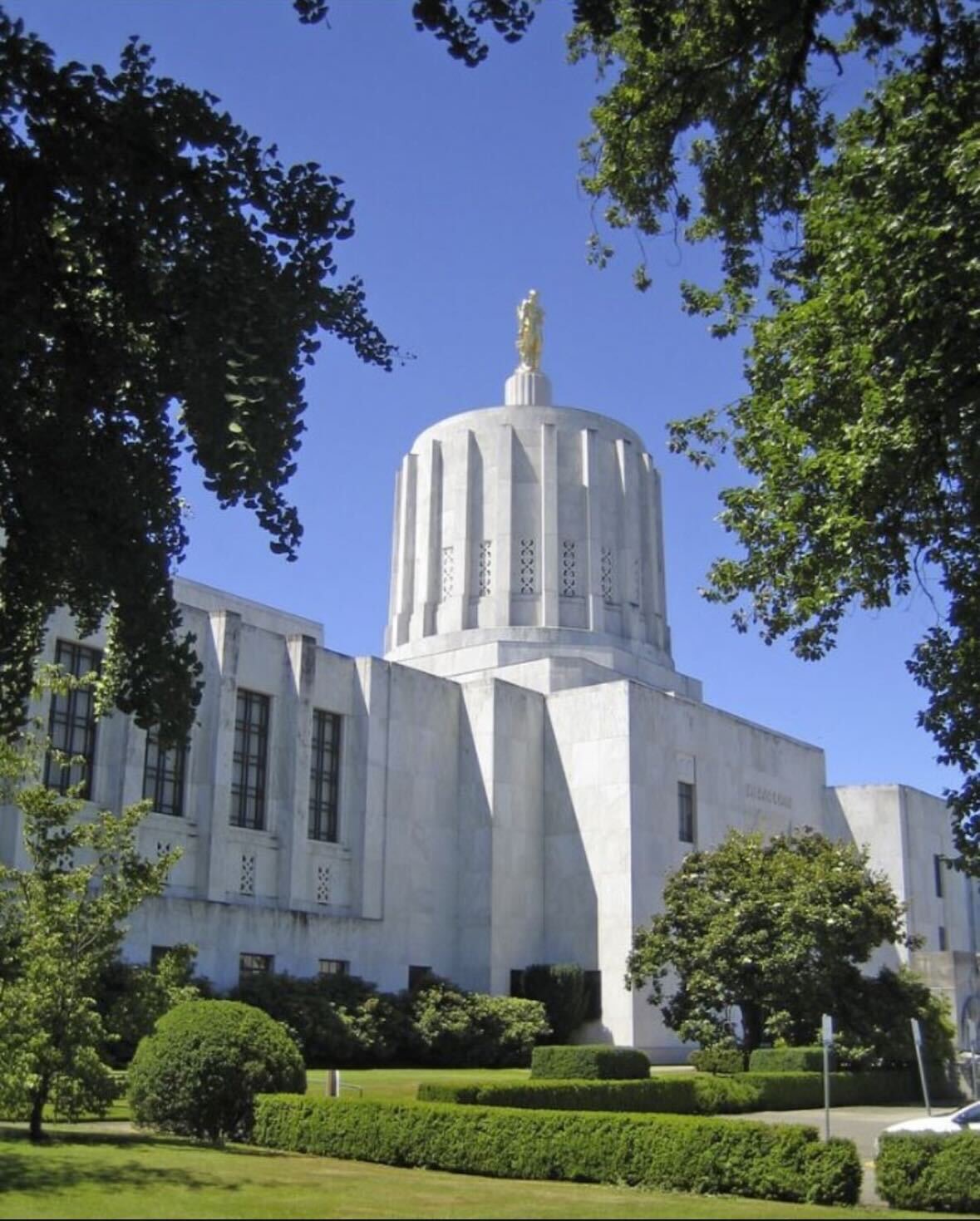
Jan. 21 2026 | Abbi Duhart | News Editor
Giving Day — most often taking place the Tuesday after Thanksgiving — is a large 24-hour fundraising event, though many universities do their own Giving Day in the winter or spring. Western’s Giving Day this year will take place the first Tuesday of April, April 7. The date has been moved later than usual this year because in previous years it took place during week nine of Winter term, a time when many students and staff were too busy to participate.
Western’s Giving Day is a crowdfunding day where participating clubs, organizations, teams and departments at Western ask people across the university and beyond to give funds to the university and its organizations.
Any club or organization at Western can choose to participate and raise funds. Those that want to can fill out a Google Form sent in an all-student email from Dave Beasley. Once they do, they will get their own webpage on Western’s Giving Day website that features photos and a description of their organization with a button for donors to donate.
New this year, participating organizations and clubs will have to pick at least two “influencers” — essentially representatives — to attend a training. The designated influencers will also receive a special link specifically for them that they can share to whomever they want. The link will go straight to the website for their organization. Influencers can use this link to send to potential donors through means of text, email, social media and others. The hope from WOU Foundation — the organizers of the event — is that influencers will be those who are most active on Giving Day to raise funds.
The training that influencers will attend is expected to last about 30-45 minutes, and six different training sessions will be offered to account for different availability. Each session will be the same, so influencers can choose to attend the one that fits best with their schedule. The training will consist of how to go about asking people to donate, and example scripts will be shared, as well as potential ideas for posting on social media. There are also many online features through the website that influencers will be made aware of. Those who attend the training will receive a free T-shirt.
This year, participating clubs and organizations will also be required to make a short video to post on their webpage and provide to donors. The Foundation found that in previous years, groups that were more involved raised more funds, so a large goal this year is to get groups to participate more actively. This video should be 30-45 seconds and should explain why donors should give to that organization in a creative way. A big goal for the video is also to include as many different people from the organization as possible.
“Everybody wants to see their grandson or granddaughter or their niece or their nephew in the video, right?” explained Dave Beasley, director of development, annual giving & sponsorships. Family members and friends may be more likely to donate to an organization if they see a person they know in the video, even if it’s just a wide shot of everyone at the end. There will also be an optional training for influencers to attend on tips and tricks for making a video.
Anyone can be a donor, and donations can consist of any amount. “We’re grateful for every single gift we get,” Beasley added. However, donor intent rules all — meaning the donor picks where they want their money to go. If they make a general donation to the club or organization, the members can use the funds in whatever way that helps them. If the donor specifies what they want the funds to be used for, the organization has to follow that. For example, if a donation was made to a club for a club scholarship they offer, the funds would have to be used for the scholarship.
The way in which donations are made was optimized specifically for mobile devices this year. At the bottom of the website, there will be a red gift button where donors can fill out their information and make a gift. In previous years, the only way to pay was through credit card, but this year, donors can use credit cards, ACH transfers, Apple Pay, Google Pay and Cash App. Additionally, donors have the option now to do recurring gifts with a credit card. Donors can also still write checks and send them through the mail.
In past years, WOU Foundation had a dollar goal for Giving Day, but this year, they have a donor goal, meaning they want to get as many donors as possible. Beasley explained, “What we’re really trying to do with Giving Day is to bring new donors to the university, whether that’s alums, whether that’s people who are new parents to the university, or newly aware of the university, or newly in partnership with us or whatever it is.” Additionally, they will send out letters to previous donors to advertise for Giving Day again.
The Foundation is also working on “the big gift” this year. In other words, they are working with larger donors — those that donate thousands — to secure commitments of large sums of money that will be donated to the university if Western receives 500 donors. Any amount of donation counts as a donor in order to work toward receiving that “big gift.” The hope is that the challenge will also help clubs and organizations advertise to donors — if they donate to the organization, they also help the university work toward this sizable contribution.
Community service will also be added to Giving Day this year. WOU Foundation and everyone who participates understands that Giving Day is asking a lot from the community, and they hope that they can give back in this way. They will be highlighting service projects they’ve participated in throughout the year and will have services happening day-of, such as a blood drive in the Werner University Center and a mini-golf course in the library. The golf course will be built by members, and to play there will be some sort of requirement, such as making a post on social media about Giving Day.
There will be a prize for the student who raises the most money, as well as a prize for the student who receives the most donors.
Beasley added that he understands it can be hard to ask people for money, but to try not to worry about it because it’s a good opportunity to raise funds for a good cause. “People do care about you. They do want to support what you’re doing. And those can all be great motivations to give, but people give because somebody asks them to.”
Contact the author at howlnews@wou.edu











